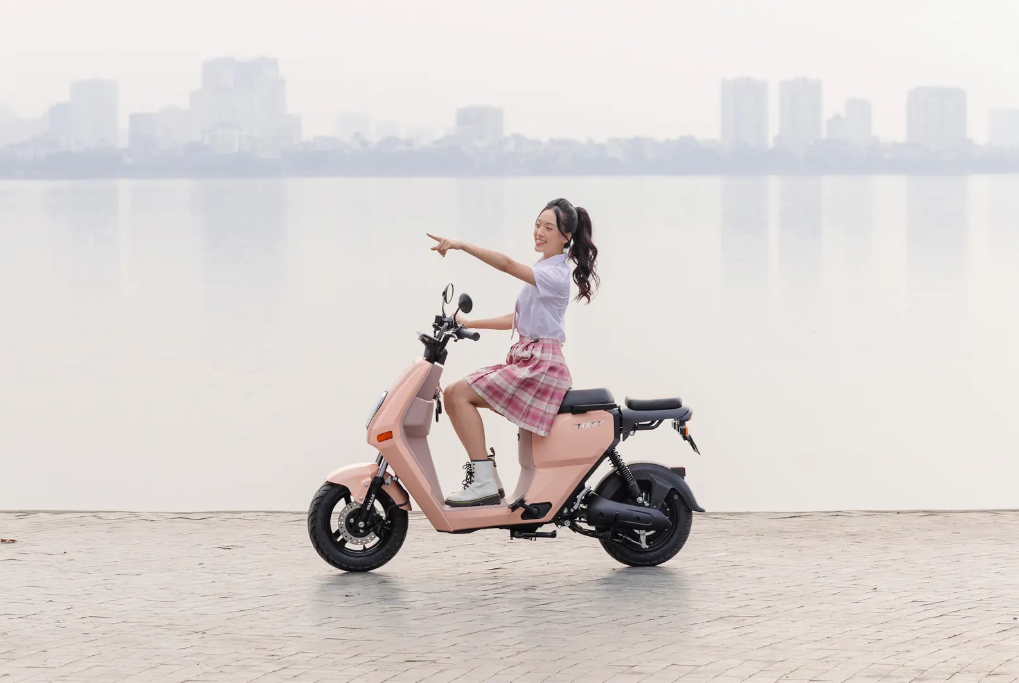On August 5, Mr. Valdis Dombrovskis, European Trade Commissioner, said that tariffs on electric vehicles imported from China into the European Union (EU) could take effect in November, after a vote by member states at the end of October.
 |
| In early July 2024, the EU decided to impose temporary tariffs ranging from 17.4% to 37.6% on electric vehicles manufactured in China. (Source: AFP) |
According to Mr. Valdis Dombrovskis, EU member states clearly understand the need to protect the domestic automotive industry because of existing trade risks.
The European Trade Commissioner pointed out: "China's market share of battery-powered electric vehicles is growing rapidly in Europe. According to data from market tracker Dataforce, as of June 2024, electric vehicle brands from the country of a billion people accounted for 11% of the market share in the European electric vehicle market."
Earlier this month, the 27-member bloc decided to impose temporary tariffs ranging from 17.4% to 37.6% on electric vehicles produced in Asia's No. 1 economy . This tax is in addition to the previous 10% tax.
The move has sparked outrage in China, while supporters say the tariffs are needed to protect EU producers from unfair competition.
An investigation by the European Commission last year determined that Chinese government subsidies were allowing its companies to keep prices low.
Beijing has rejected those claims, arguing that its industry has developed naturally.
Commissioner Dombrovskis said he was ready to seek "a mutually acceptable solution" to resolve the tensions, even if this would require changes to the world's second-largest economy's subsidy policies.
Some EU countries, especially Germany, are concerned that imposing tariffs on cars imported from the Northeast Asian country could hurt Europe as it is the bloc's second-largest trading partner.
Others have also highlighted the importance of Chinese technology to Europe’s green transition, worrying that moves away from Beijing’s imports will make products like solar panels and electric cars more expensive for European consumers.
However, despite publicly criticizing the tariffs, Berlin did not vote against the measures in a poll in July. Instead, the EU's largest economy chose to abstain.
Nine other countries also abstained, while four countries opposed the tariffs and 11 members voted in favor.
To block the tariffs, a veto would be needed from 15 countries representing 65% of the bloc's population.
China's response to the European tariffs has so far been unclear, although it has threatened to impose duties on goods from the 27-nation bloc such as pork and spirits.
Source: https://baoquocte.vn/eu-cap-nhat-tinh-hinh-thue-quan-ap-len-xe-dien-trung-quoc-bat-ngo-voi-hanh-dong-cua-duc-281544.html








































Comment (0)